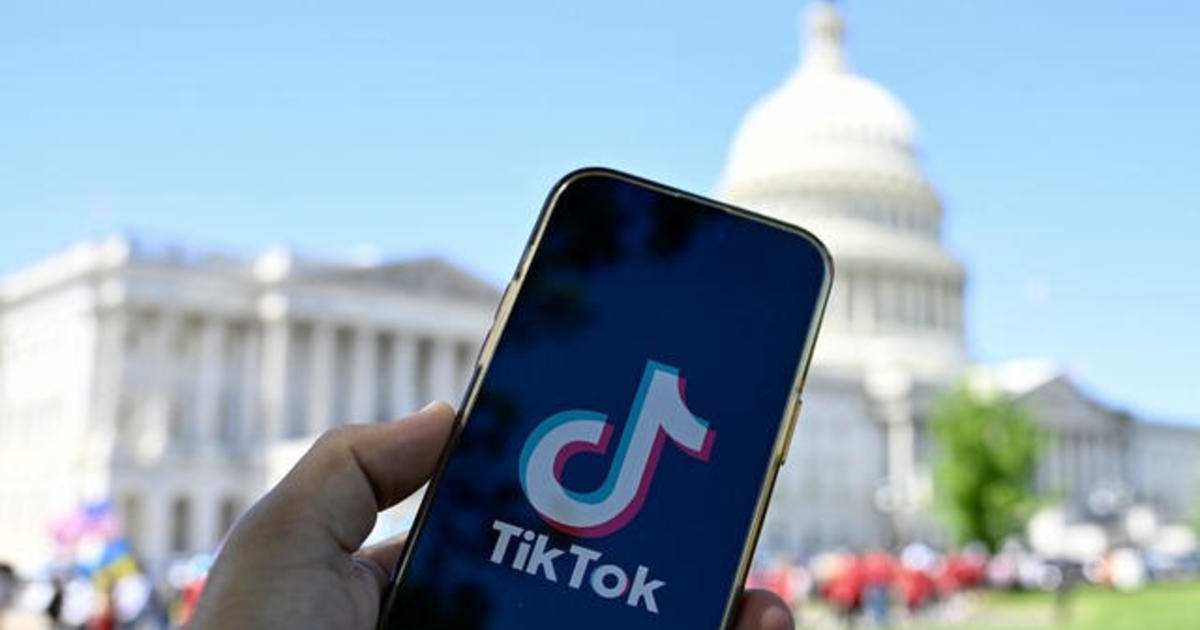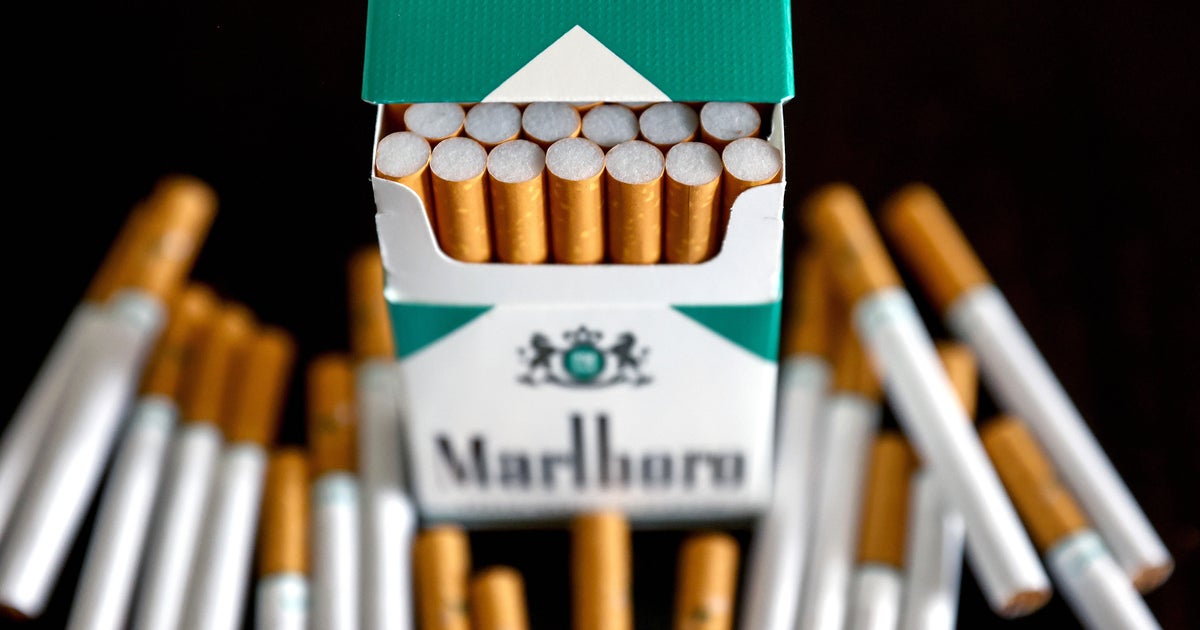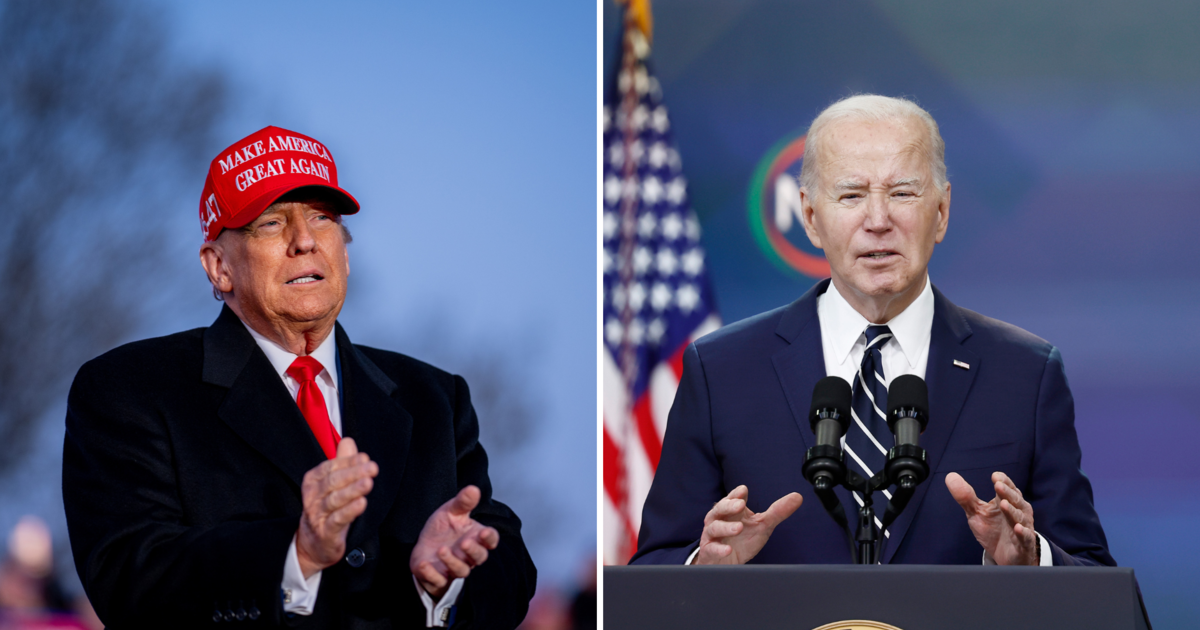TikTok sues the Trump administration over ban
TikTok is suing the Trump administration over an executive order that would effectively ban the app in the U.S.
The popular video app, which is owned by China's ByteDance, insisted Monday that it is not a national-security threat and that the government is acting to "further the president's anti-China political campaign." The company said the government is acting without evidence for its allegations or due process.
TikTok filed suit Monday in federal court in California against the Commerce Department, President Donald Trump and Commerce Secretary Wilbur Ross, saying that it sought to prevent the government from "impermissibly banning" TikTok by overturning President Donald Trump's executive order.
President Trump issued an executive order August 6 banning transactions with ByteDance or its subsidiaries, citing fears over national security. Mr. Trump also signed a similar order that same day targeting another social media and messaging app, WeChat, which is owned by Tencent Holdings, another Chinese company, charging that the app captures personal information belonging to Chinese nationals visiting the U.S., allowing the Chinese government to track them.
In an August 14 follow-up order, he ordered ByteDance to sell U.S. TikTok assets within 90 days. TikTok's lawsuit isn't fighting the sell order.
In its complaint, TikTok said that while the full scope of the August 6 ban remains unclear until the Commerce Department fleshes it out, the order still poses "an existential threat to TikTok's U.S. business." It said it would move to block action by the Commerce Department once it issues rules.
The company says Trump's August 6 order violated TikTok's Fifth Amendment due-process rights by giving it no "notice or opportunity to be heard." It claims that the order is not based on a genuine national emergency and the administration hasn't proven that TikTok's activities meet the legal standard of "an unusual and extraordinary threat" required by the International Emergency Economic Powers Act, which Mr. Trump cited as one of the bases for his order.
The Justice Department declined to comment on the lawsuit. The Commerce Department did not reply to a request for comment from the Associated Press.
Mr. Trump and others say they're concerned because the hugely popular video app collects data on its users and could, these critics say, be forced by China's communist government to hand over that information. However, the administration has provided no specific evidence that TikTok has made U.S. users' data available to the Chinese government. TikTok has repeatedly said the fears are ungrounded.
In its complaint, TikTok said that it has protected U.S. user data by storing it in the U.S. and Singapore, not China. It said it has also set up "software barriers" to ensure that TikTok segregates its U.S. user data from other ByteDance products.
"Significant discretion" on national security
Getting a court to overturn the government's determination that TikTok is a national-security threat would be difficult, legal experts said. That's true even though the Trump administration is "pushing authority in places it's never been used before," said Paul Marquardt, a foreign-investment review lawyer with Cleary Gottlieb in Washington.
Still, the administration has "significant discretion" on national security, said Christian Davis, a Washington lawyer with Akin Gump whose practice focuses on foreign investment and international trade. Due-process claims might be easier to argue, Davis said, but those issues could be "cured" with a modification of the order.
If the ban against transactions were to go into effect, it would likely mean that Apple and Google would no longer be able to list the app in their respective app stores, similar to the prohibition against U.S. companies dealing with Huawei.
Time to sell?
TikTok has grown rapidly in the past two years, racking up nearly 700 million global users as of July 2020, the company said in its complaint. That has drawn the attention of officials in the U.S. as well as in other countries — India has also cracked down on TikTok — in addition to U.S. competitors. Facebook recently rolled out a TikTok copycat feature in its Instagram app and its CEO Mark Zuckerberg has publicly criticized TikTok.
A TikTok sale to a U.S. company could happen, though. Microsoft acknowledged early this month that it's pursuing a deal for TikTok's operations in the U.S., Australia, Canada and New Zealand. Other companies, including Apple, Twitter and Oracle, are also reportedly interested, though it's unclear how seriously they might pursue an agreement.



